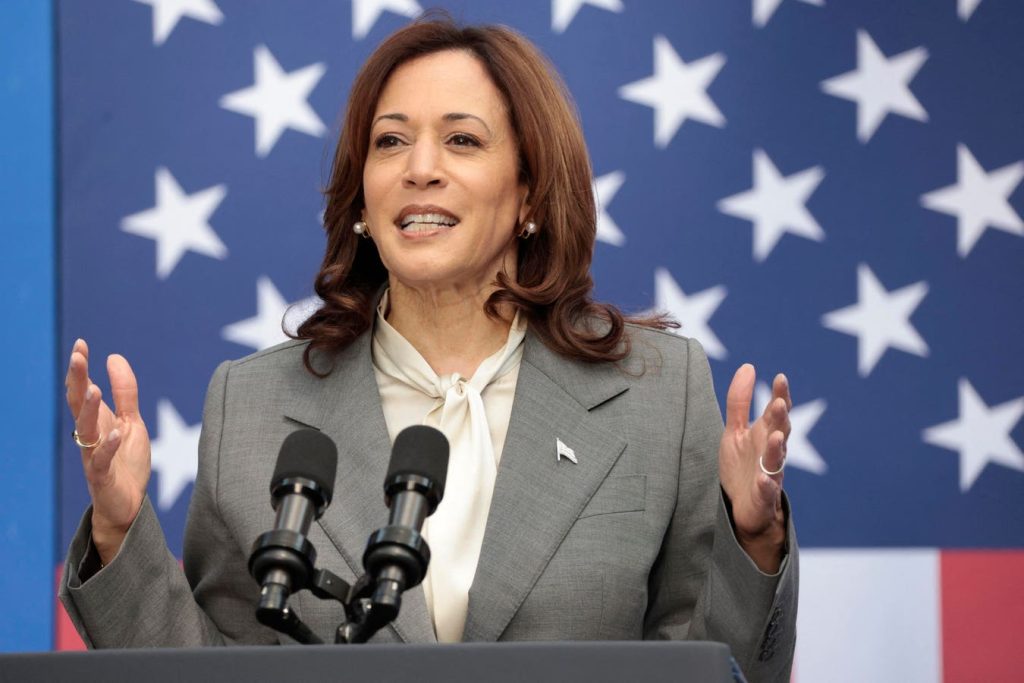Vice President Kamala Harris is leading an Economic Opportunity Tour to showcase the Biden-Harris Administration’s initiatives in creating economic opportunities and supporting communities across the country. The tour aims to highlight the importance of small businesses in driving growth and wealth creation in cities nationwide. Harris emphasized the need for leaders to spread the word about the financial assistance available to entrepreneurs and small businesses to take advantage of the opportunities provided by the government.
In Detroit, Vice President Harris, alongside Michigan Lt. Governor Garlin Gilchrist II and other government officials, discussed the Administration’s efforts to create economic opportunities. They announced funding opportunities for small- and medium-sized automotive suppliers as the country transitions to electric vehicles (EVs). With over $170 billion in investments and the creation of more than 20 new auto and battery plants across the nation, the U.S. auto industry has added over 250,000 jobs with contracts that ensure fair wages and retirement security for workers in the industry.
Furthermore, the Department of Energy’s Automotive Conversion Grants Program will provide $50 million in funding to help suppliers transition from manufacturing internal combustion engine parts to EV parts. The Small Business Administration’s Small Business Investment Company will also inject millions of dollars in private capital to support the growth of these companies. Additionally, the SBA will launch a Working Capital Pilot Program to provide lines of credit to auto parts manufacturers and distributors, along with business counseling.
To prepare for the future workforce, the Department of Energy is offering grants for EV and clean energy workforce training at community colleges, trade schools, and union training programs. The Department of Labor is facilitating workforce convenings in Ohio and Indiana and has allocated $7 million across these states to foster collaborations between workers, educators, employers, and labor unions. These initiatives aim to ensure a skilled workforce in the EV industry and advance manufacturing.
The Economic Opportunity Tour is not limited to the auto industry, as seen in Atlanta where a $158 million investment through the Reconnecting Communities and Neighborhoods Program was announced for “The Stitch” project. This project aims to reconnect midtown and downtown Atlanta by creating urban greenspace and transportation enhancements over the Downtown Connector, which had split communities and displaced families and businesses in the past. The project will increase access to jobs, housing, education, and healthcare, benefiting the local population significantly.
In conclusion, the Economic Opportunity Tour highlights the Biden-Harris Administration’s commitment to helping small businesses and communities grow and thrive. Despite the divisive political climate, the Administration’s efforts to support economic development and create opportunities for businesses across various sectors seem to be successful. By investing in key industries like the auto sector and infrastructure projects like “The Stitch” project in Atlanta, the Administration is demonstrating its dedication to building a more resilient and inclusive economy for all Americans.













